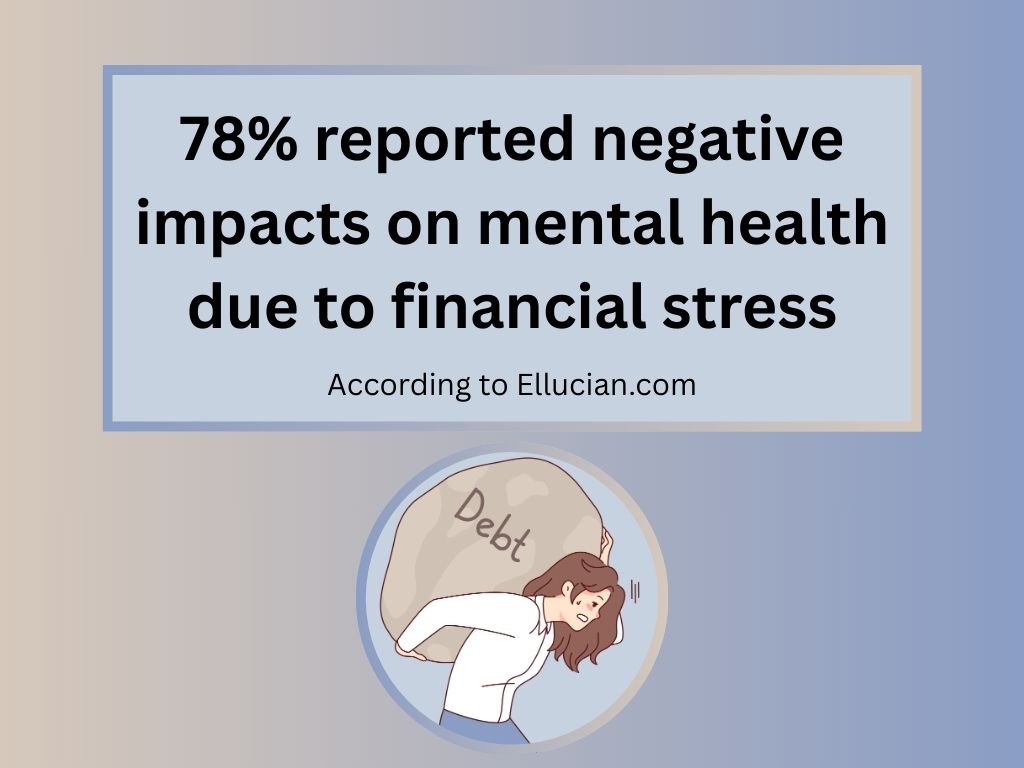Change your mind: Talking cents about pennies
October 14, 2015
I was late to class the other day, so I parked at the meters in front of the Public Affairs Center. I dug into my purse for some change and came up with a bunch of pennies. Darn it!
Let’s face it: The penny is useless. You can’t use it in vending machines or parking meters, and it doesn’t buy anything. And if you’re at a store and dump out a bunch of pennies to purchase something, the clerk gives you a dirty look that clearly says that establishment doesn’t want your useless pennies either.
Actually, pennies cost more to make than they are worth. The Wall Street Journal reported last year that the penny is costing the U.S. millions each year. In 2014, the penny cost 1.64 cents to make for each one.
Plus, the U.S. Mint made seven billion pennies last year, which was more than nickels, dimes and quarters combined. And because pennies don’t buy anything, they’re less likely to keep circulating, meaning that more new coins need to be produced.
Since 2000, 21 percent of pennies have gone missing. I have actually just thrown pennies in the trash or tossed them on the street. Banks make the biggest demand for new pennies because they need pennies to make change and serve their customers.
Pennies used to be made primarily with copper, until copper became so highly valued. These days, pennies are made with mostly zinc, with just a fraction of copper. (FYI: melting down pennies for their metal worth is illegal.)
Eliminating the penny would mean that the cost of items could be rounded up or down to the nearest five cents. But the U.S. has abandoned coin denominations before, and other countries, such as Canada, have already gotten rid of the penny.
So, I can guess what the primary objection would be to getting rid of the penny; I am living in the Land of Lincoln, after all. Abraham Lincoln is the face of the penny, and so the state is protective of keeping the penny.
In fact, Illinois is among the only states that takes pennies when people pay for highway tolls. Americans for Common Cents, an advocacy group, says that two-thirds of Americans want to keep the penny and that losing the penny would hurt consumers because prices would be rounded up.
I’m definitely a fan of Lincoln, although not as emotionally attached to him as U.S. Rep. Jason Chaffetz, who got choked up reading a resolution honoring Lincoln in 2009. However, Lincoln is also on the $5 bill, so it’s not like we wouldn’t be celebrating his influence on this country anymore.
I don’t know if eliminating the penny would hurt the economy or not. I kind of doubt it really would, but certainly some industries would be more impacted than others.
But the next time I dig into my purse for some change for the parking meter and come up with a bunch of pennies, I think the same thing I thought the other day: The penny is useless.












